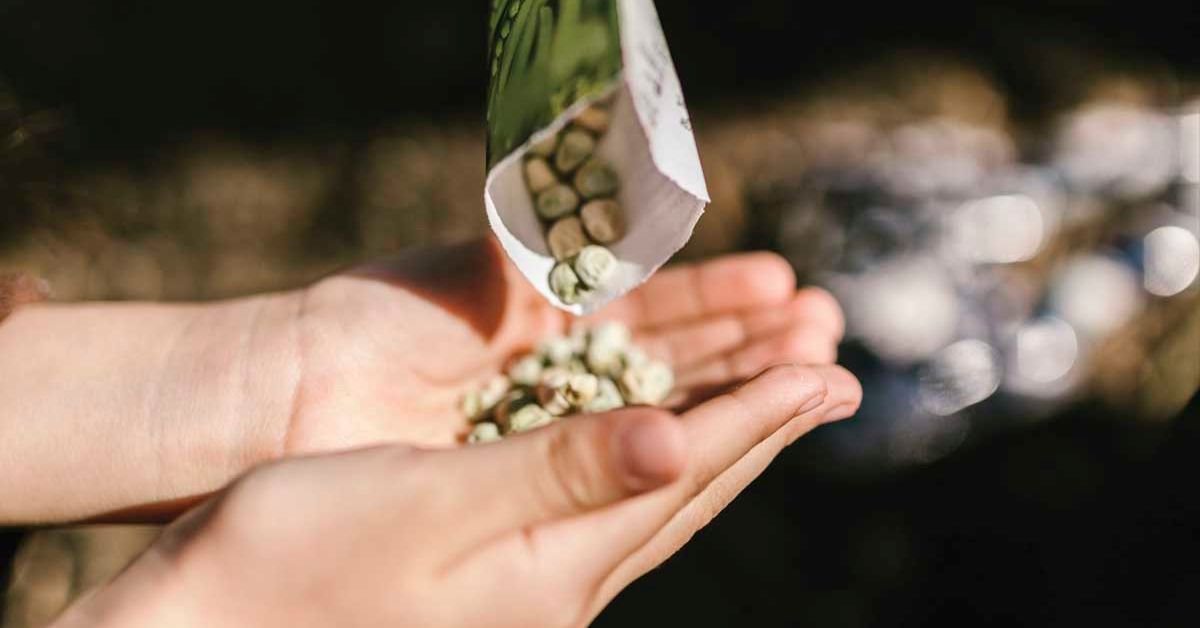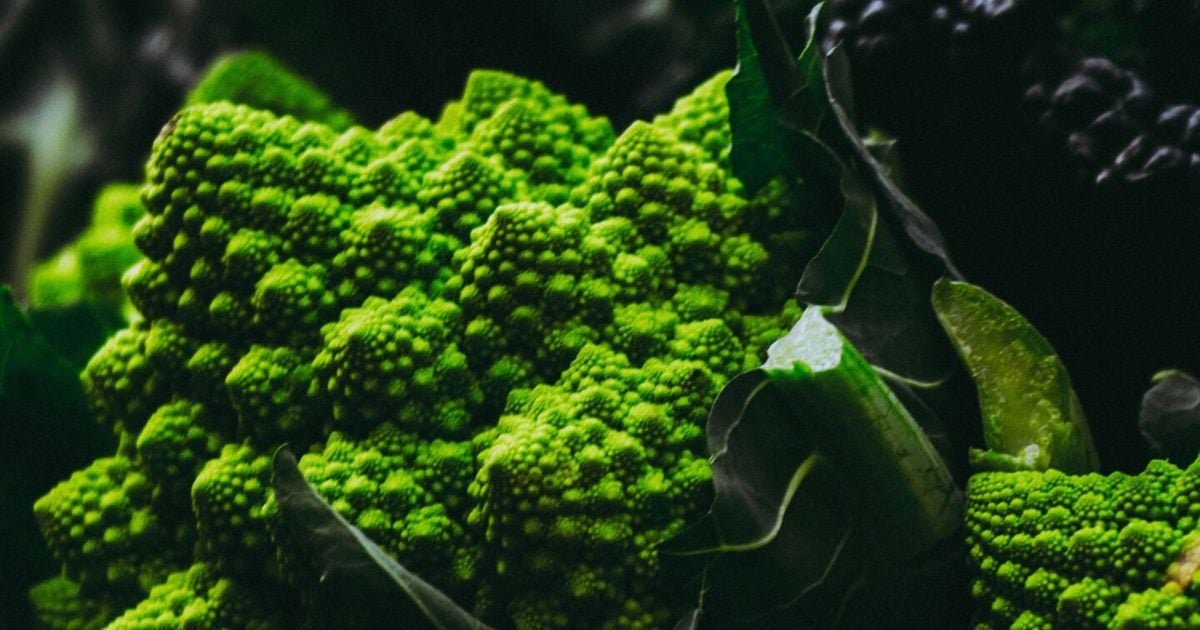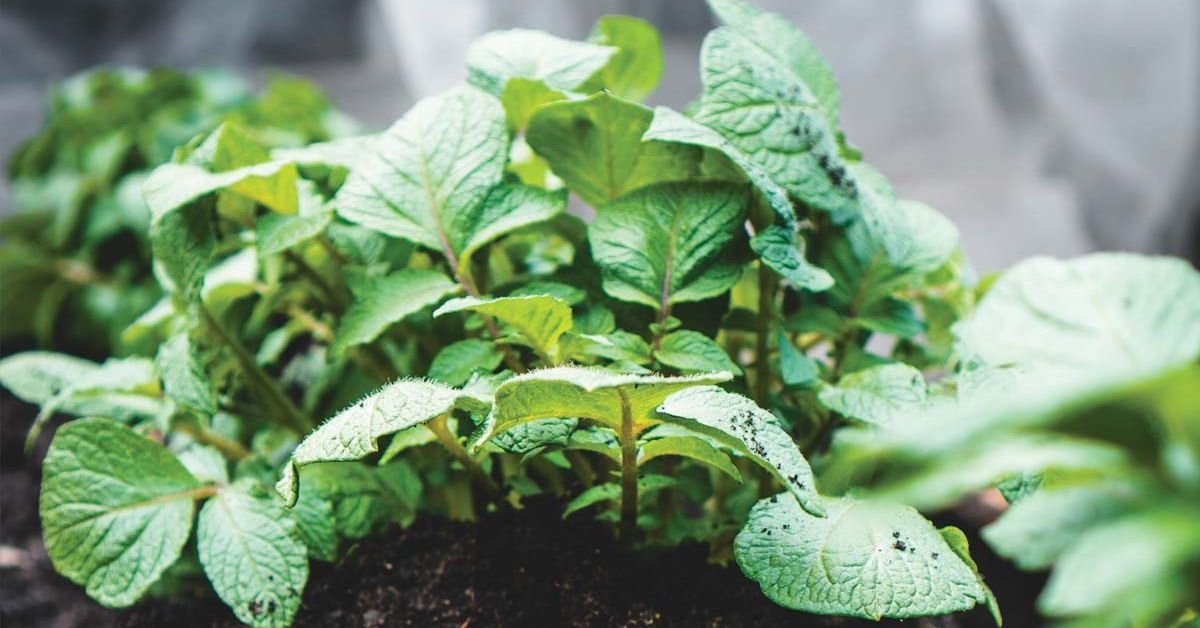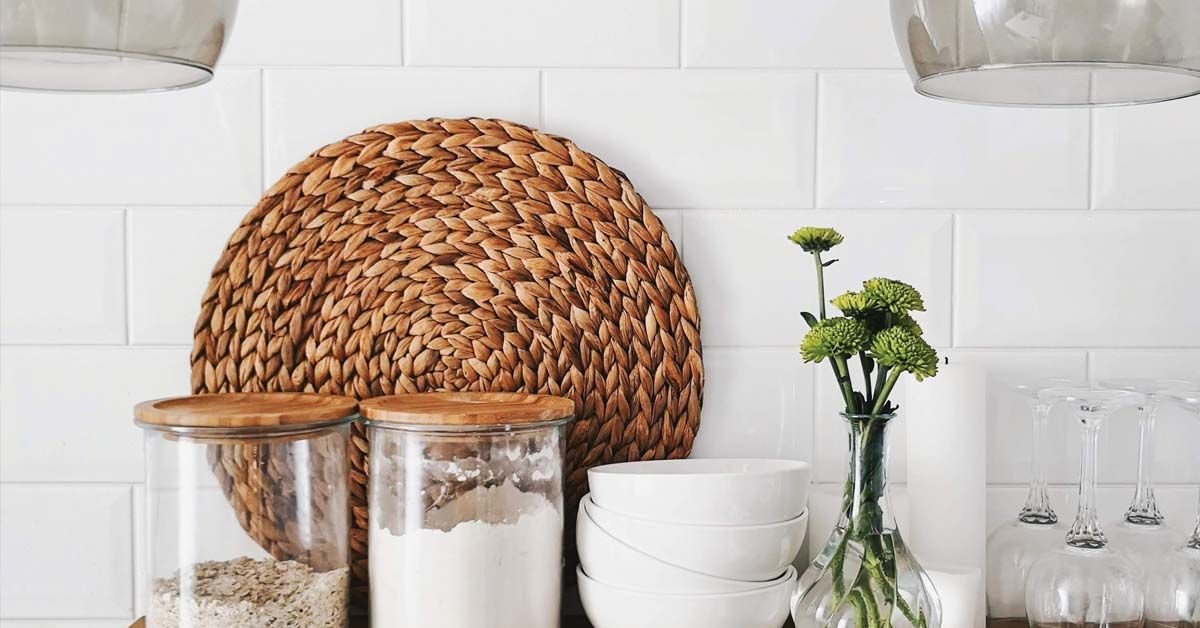The Incredible Seed
Incredible vessels of potential, seeds hold all the essential information and nutrients required to develop anything from robust nut trees to trailing pea plants. These remarkable sources of life have been cared for by humans for thousands of years. Historically valued and exchanged among cultivators, each seed variety embodies a plant intricately adapted to flourish in its specific environment and capable of adjusting as ecological conditions evolve.
Seed Diversity at Risk
Greater diversity and open exchange are crucial. However, as noted by Philip Howard, a professor at Michigan State University and a member of the International Panel of Experts on Sustainable Food Systems, “The industry is increasingly consolidating globally, with just four seed and chemical firms controlling over 60 percent of proprietary seed sales.”
This trend supports a large-scale industrial farming approach characterized by monocultures, reliance on synthetic inputs, and diminishing autonomy for farmers—just as we are beginning to recognize the critical value of diversity, soil health, and local knowledge in establishing a sustainable food system.
Howard cautions that the concentration of seed ownership in the hands of a few not only undermines democratic principles but has also led to “declining diversity, fewer innovations, inflated seed prices, and diminished seed saving.”
Restoring Seed Stewardship
We are not powerless in this situation. Seeds are everywhere, whether spilling from tomatoes on our cutting boards, filling bulk bins in grocery stores, or falling from wild onions. With a bit of intention, knowledge, and community sharing, we can regain the responsible stewardship of these vital resources.
Taking charge of seed sovereignty for yourself or assisting others in this endeavor can significantly influence how we nourish ourselves in the future. The advantages of a free and accessible seed system are hard to dispute.
Diversity
Commercial seeds represent only a tiny fraction of the potential varieties and traits available for our food crops. By sourcing seeds from independent suppliers or saving our own seeds annually, we can enhance the genetic diversity of our crops.
Adaptation
Preserving seeds that thrive in your local climate fosters plants better suited to grow without chemical inputs or intensive care. On a broader scale, if growers can choose seeds from plants that are adapting to changing climatic conditions, we can build resilience against new challenges.
Empowerment
Seed sovereignty is generally defined as “the farmer’s right to breed and exchange diverse open-source seeds that can be saved, which are not patented, genetically modified, or controlled by large seed corporations.”
Even as non-farmers, we can advocate for seed sovereignty for the benefit of everyone, while also empowering ourselves to cultivate food that is free from patents and private ownership through the invaluable practice of saving seeds.
Food Quality
When we aren’t focused on selecting plants for uniformity or ease of transport, we have the freedom to choose based on flavor, nutritional content, and visual appeal.
Connection
Many heirloom food varieties come with their own stories, sometimes passed down from our ancestors, making the connection significant. Additionally, locally saved seeds bring us closer to our community through the sharing and exchanging of surplus seeds.
Ready to Exercise Your Seed Sovereignty?
- Purchase open-pollinated seeds from small seed suppliers.
- Save some seeds each year.
- Gather seeds from thriving native plants in natural settings.
- Look for heirloom vegetables at your local grocer or grower, asking for them if they’re not readily available.
- Engage in a Seedy Saturday or any seed exchange event—or initiate your own!
- Support organizations committed to enhancing our collective seed security (such as The Bauta Family Initiative on Canadian Seed Security).
How to Organize a Local Seed Exchange
Whether it’s for a select group in your backyard or open to the wider community, initiating a seed exchange is a wonderful way to help sustain a viable and diverse gene pool. At these gatherings, you’ll find stories, knowledge, and the enthusiasm of like-minded individuals sharing alongside the seeds. Here are some factors to consider:
- Timing: Have you scheduled it for just before your local seed starting season (typically late winter)?
- Format: Will it be exclusively a swap, or will there be options for buying and selling seeds?
- Venue: Is it going to be a standalone event or part of a farmers’ market or another gathering?
- Criteria: While encouraging participants to focus on open-pollinated seeds (as hybrid seeds tend not to yield reliable results year after year), do you want to prioritize locally adapted varieties, or are you open to newcomers bringing seeds from other areas or countries?
- Partners: Do you intend to use this chance to connect with other organizations, local food producers, and small seed companies?
- Upgrades: Would you like to include presentations, food, or any other additional features to the exchange?
Valued Vegetables
What do Midnight Lightning, Sundream, and Uncle David’s Dakota Dessert have in common? They are all distinct squash varieties that we have the chance to taste and propagate, thanks to networks of dedicated seed savers.






